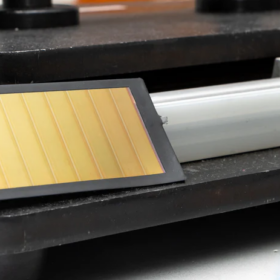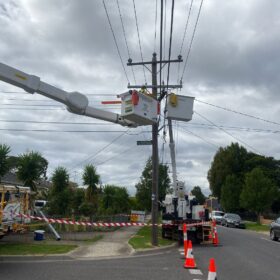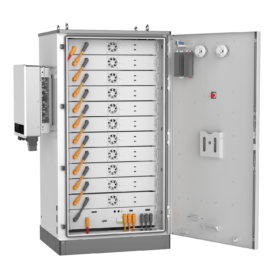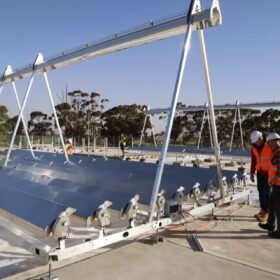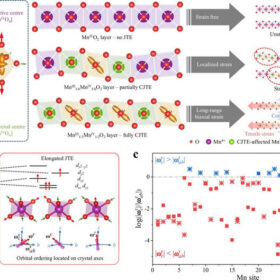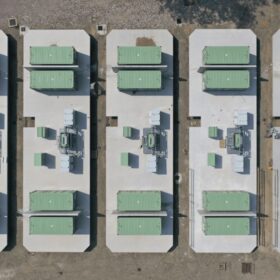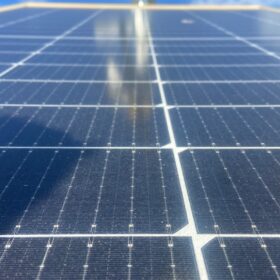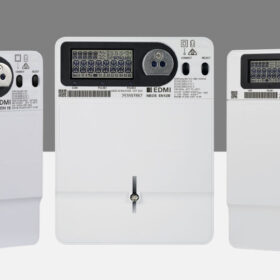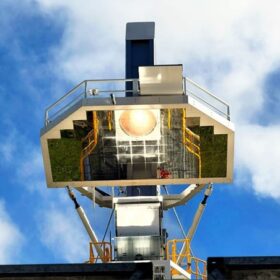JinkoSolar achieves world record efficiency of 27.02% for TOPCon solar cell
The Chinese manufacturer said the result was certified by China’s National Photovoltaic Industry Measurement and Testing Center (NPVM).
Australian cell manufacturer launches first module series
Australian solar cell developer Halocell Energy has launched its first perovskite-based product line with the flexible Ambient Modules series purpose-built for low-light conditions.
Smart data unlocks solutions for network challenges
As Australia’s distribution network service providers grapple with challenges sparked by the rise of distributed energy resources, EA Technology says leveraging insights from grid-edge intelligence can unleash the full potential of their networks.
GoodWe releases 112 kWh storage system for C&I solar
GoodWe has launched a 112 kWh battery energy storage system for commercial and industrial solar projects, featuring 96% round-trip efficiency and a 6,000-cycle lifespan. The system allows parallel connection for up to 450 kWh of total capacity.
Green hydrogen pilot plant launches in SA
A pilot hydrogen energy plant that will employ a novel approach by producing green hydrogen directly from water and sunlight, without relying on electrolysers or grid power, is on track to begin commissioning in South Australia next month.
Researchers report zinc-ion battery life breakthrough
Australian researchers are reporting a breakthrough with zinc-ion battery technology, developing a new method to significantly boost the structural stability of the cathode material that enables the battery to operate reliably for more than 5,000 charge-discharge cycles.
Potentia issues notice to proceed for 130 MW battery in NSW
Potentia Energy has given the go-ahead for a 130 MW battery energy storage project in New South Wales, saying the deployment of its grid-forming inverter technology will play a critical role in Australia’s renewable energy transition.
Lithium Universe secures rights to solar panel recycling tech
Western Australian-based resources company Lithium Universe has secured the global rights to a patented microwave technology designed to simplify the separation and recovery of valuable materials like silver, silicon, and critical metals from end-of-life solar panels.
New platform enhances grid integration and real time geospatial metering
A Singapore-based energy solutions company has announced its flagship next-generation electricity grid platform, the NEOS Solution, which among many functions can orchestrate distributed energy resources and create live monitoring of meters during blackouts.
Solar-to-hydrogen efficiency boosted by CSIRO breakthrough technology
Researchers at the CSIRO have proven a new full thermochemical hydrogen production cycle – from solar input to hydrogen output – has the potential to achieve a solar-to-hydrogen efficiency of higher than 20%, 5% more than many existing systems.

